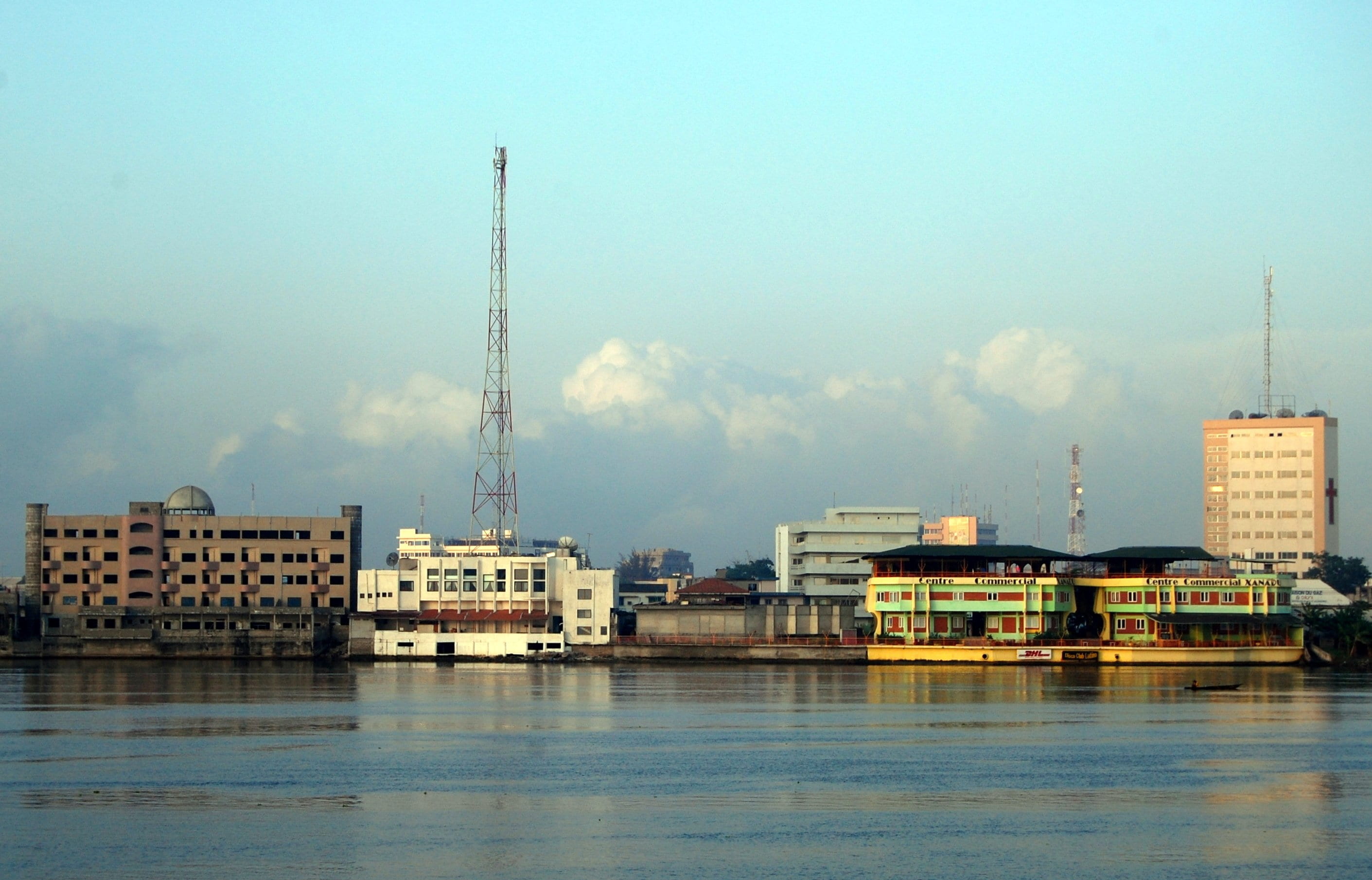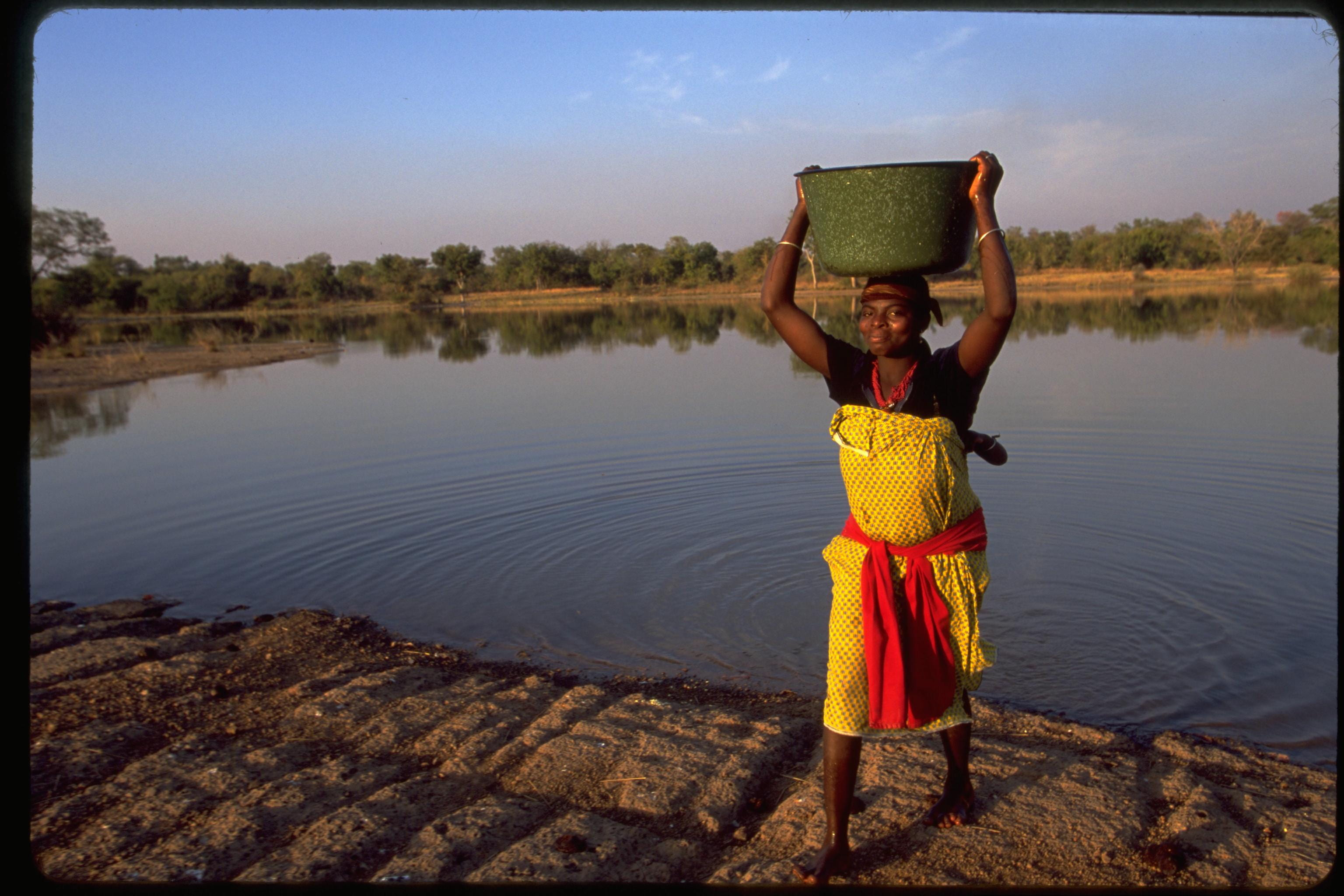I remember when ChatGPT first started gaining popularity. I was a junior in high school, and everyone around me couldn’t stop marveling over its seemingly endless capabilities. The large language model could write essays, answer physics questions, and generate emails out of thin air. It felt to us, sixteen and seventeen-year-olds, like we had discovered magic – a crystal ball that did whatever you told it.
I’m writing this, three years later, to break the news that it is, unfortunately, not magic. Artificial Intelligence (AI) relies on human input at nearly every stage of its preparation and verification. From content moderation to data collection, outwardly automated AI systems require constant human intervention to ensure the algorithm runs smoothly and sensically. This intervention calls for human labor to sift through and manage a given model’s data and performance. But where does this labor come from? And what are the implications of these workers’ invisibility to the public?
Labor Source
On the surface, it appears that Big Tech companies such as OpenAI, Sama, Meta, and Google are bearing the brunt of the labor it takes to develop and operate their AI systems. A closer look reveals that the human labor these AI systems require is distributed across the globe. These massive companies employ subcontractors to hire and manage workers who will perform the countless small, repetitive tasks required. These subcontractors, looking for maximum profit, often hire workers from less developed countries where labor rights are less strictly enforced and wages are not stringently regulated. What does this mean? Cheap, exploitative labor. Those living in poverty, refugee camps, and even prisons have been performing data tasks for subcontractors like Amazon Mechanical Turk and Clickworker. The outsourcing of workers in countries such as India and Kenya by affluent businesses in mostly Western countries seems to perpetuate patterns of exploitation and colonialism and play into global wealth disparities.

Wages
On top of the larger systemic implications of wealthier countries’ outsourcing their labor to less affluent countries, the individual workers themselves often suffer human rights abuses regarding wages.
According to the International Labour Organization (ILO), wage theft is a pressing issue when it comes to crowdworkers; this is due to employers denying wages to anyone who is deemed to have completed their tasks incorrectly. Issues with software and the flagging system can result in employers withholding wages due to completed tasks being labelled as incorrectly done. In the ILO’s survey, only 12 percent of crowdworkers conceded that all of their task fulfillment rejections were justifiable, with the majority claiming that only some of them were warranted. In other instances, pay can take the form of vouchers or gift cards, some of which are deemed invalid upon use. Unexpected money transfer fees and hidden fines can also result in wages being lower than initially expected or promised.

Even if outsourced workers did always get paid correctly, it usually doesn’t amount to much. According to an ILO survey, the median earnings of microworkers were 2 US dollars an hour. In one specific case in Madagascar, wages were as low as 41 cents an hour. These workers are being paid far less than a livable wage under the excuse that their work is menial and performed task-by-task. The denial of wages and the outsourcing companies’ low pay rates violate ‘equal pay for equal work’ under Article 23 of the Universal Declaration of Human Rights (UDHR).
For some in periphery countries like India and Venezuela, data microwork is people’s only source of income. Its convenience and accessibility are attractive to those who don’t have the resources to apply for typical jobs, but its wages do not pay for the decent standard of living that is outlined in the UDHR in Article 25. As one microworker from Venezuela said in an interview with the BBC, “You will not live very well, but you will eat well.”
Working Conditions
In addition to low wages, crowdworkers often face human rights violations regarding working conditions, and most of them are largely unable to access methods to advocate for better treatment from their employers. For those who classify and filter data, a day at work may include flagging images of graphic content, including murder, child sexual abuse, torture, and incest. This was the case for Kenyans employed by Sama and subsequently OpenAI; workers have testified to having recurring visions of the horrors they’ve seen, describing their tasks as torturous and mentally scarring. Many requests for mental health support are denied or not fulfilled. These experiences make workers vulnerable to developing post-traumatic stress disorder, depression, and emotional numbness.

In one instance, the subcontractor Sama shared the personal data of one crowdworker with Meta, including parts of a non-disclosure agreement and payslips. Other workers on Amazon Mechanical Turk experienced privacy violations like “sensitive information collection, manipulative data aggregation and profiling,” and methods of scamming and phishing. This arbitrary collection and abuse of workers’ private data directly violates Article 12 of the UDHR, which enshrines the protection of privacy as a human right.
The nature of crowdwork is such that individuals work remotely and digitally, granting more power to the contractors over their workers and significantly diminishing microworkers’ capacity to take collective action and compromise with employers for better conditions. This independent contractor relationship between employers and employees has weakened the ability for microworkers to unionize and bargain with their contractors. Employers are able to rate crowdworkers poorly, which often results in the rejection of workers when they attempt to find new tasks to fulfill. There are few ways for workers to review their employers’ performance in a similar way, creating an unjust power imbalance between employer and employee, and various violations of labor rights. The possible convenience of self-employment and remote work comes with surrendering basic workers’ rights, such as “safeguards against termination, minimum wage assurances, paid annual leave, and sickness benefits”. Each of these aspects of microwork denies employees the labor rights outlined in Article 23 of the UDHR, another direct violation of human rights by these outsourcing companies.
What’s Next?
The first step to addressing the human rights violations that are facing outsourced Artificial Intelligence data microworkers is ensuring their visibility. Dismantling the narrative of Artificial Intelligence models as fully automated systems and raising awareness about the essential roles microworkers play in the preparation and validating of data can help garner public attention. Since many of these crowdworkers are employed abroad, it is also important for advocates to highlight the exploitation that these tech companies and contractors are profiting from. In addition, because these workers have little bargaining power, making their struggles visible and starting dialogue with companies on their behalf can be a crucial step towards ensuring that microworkers have access to their human and privacy rights. While research and policy continues to expand regarding AI’s impact on the labor force, it is essential that academics and lawmakers alike consider the effects on the whole production chain, including low-wage workers abroad, rather than just the middle-class domestic workforce. Finally, it is imperative that big tech businesses and the crowdsourcing companies they contract with are held publicly accountable for their practices and policies when it comes to wages, payment methods, mental health resources, working conditions, and unionization. These initiatives can begin only once the public becomes aware of the exploitation of these invisible workers. So, the next time someone throws a prompt at ChatGPT, start a conversation about how reliant AI is on human labor. Only then can we start to grant visibility to microworkers and work towards change.



